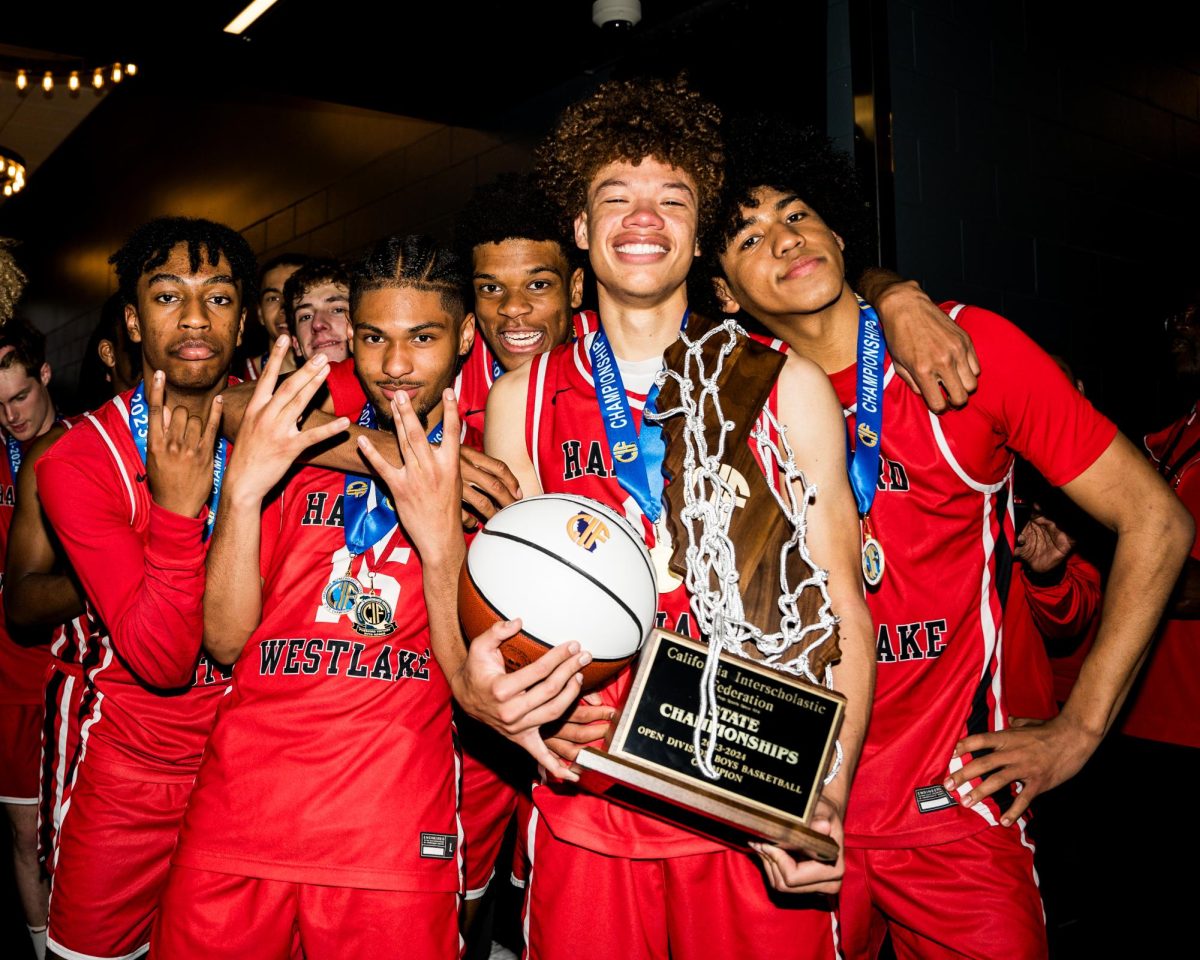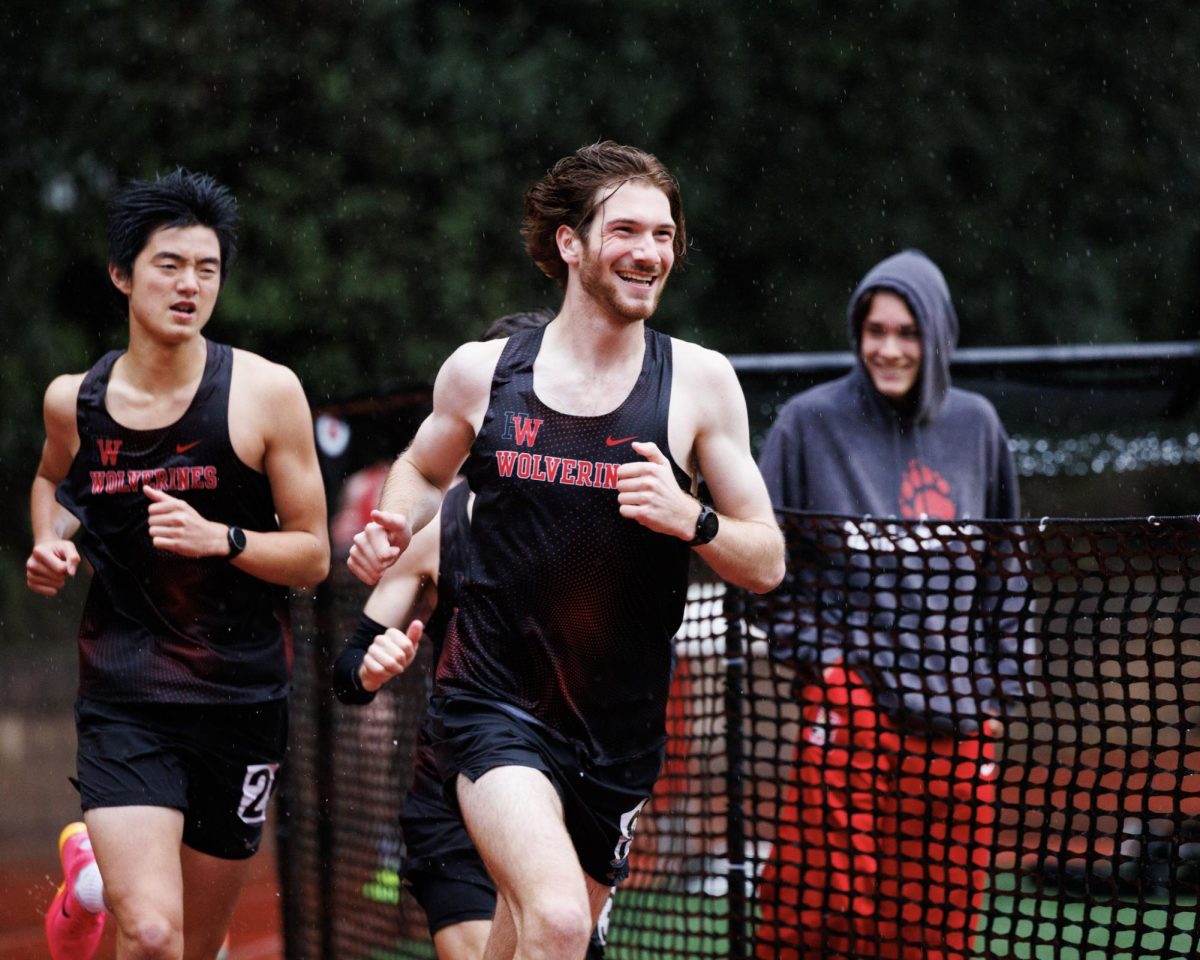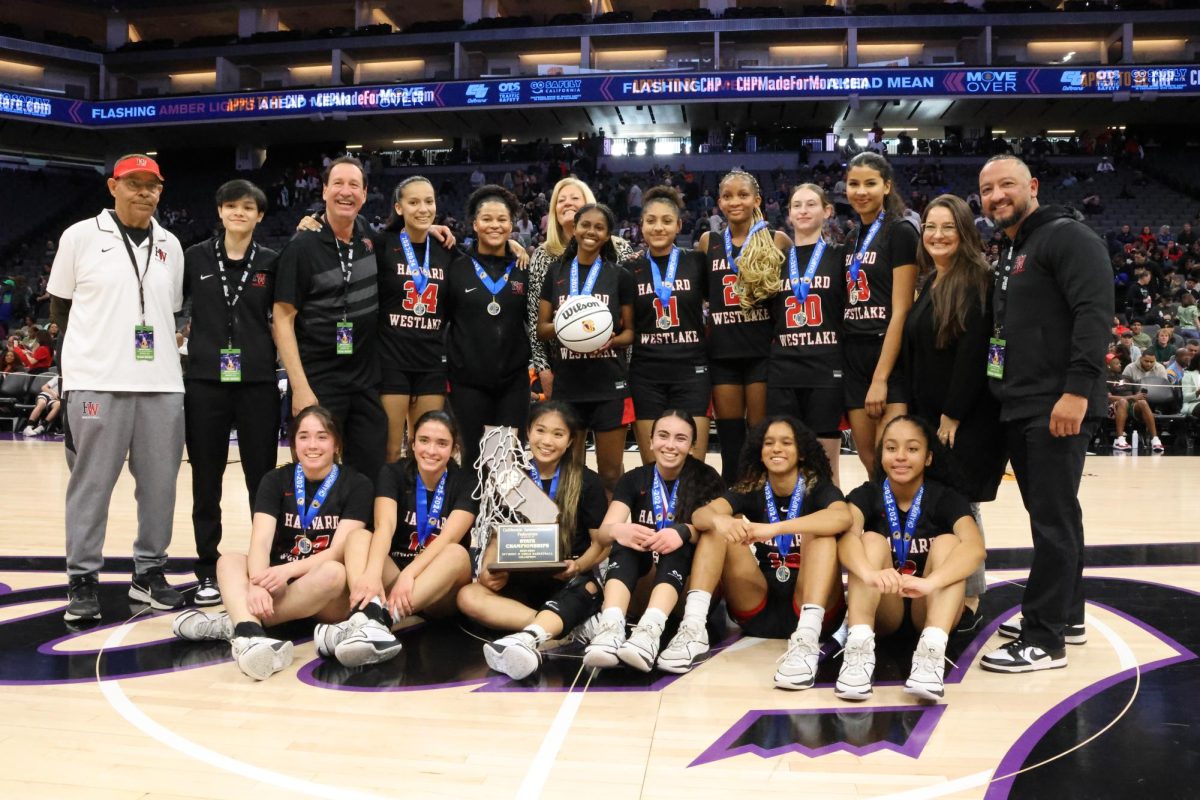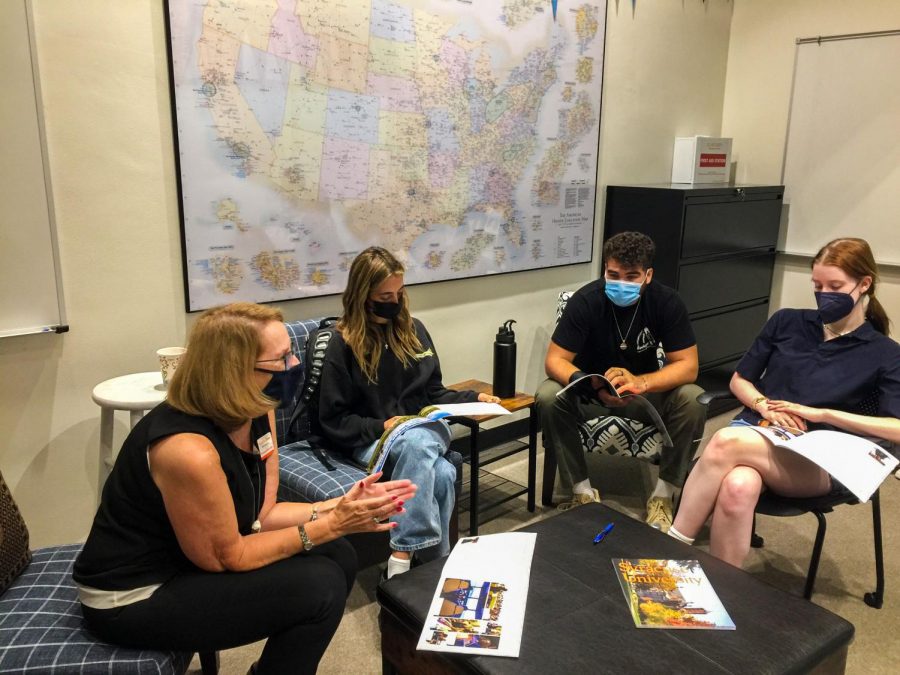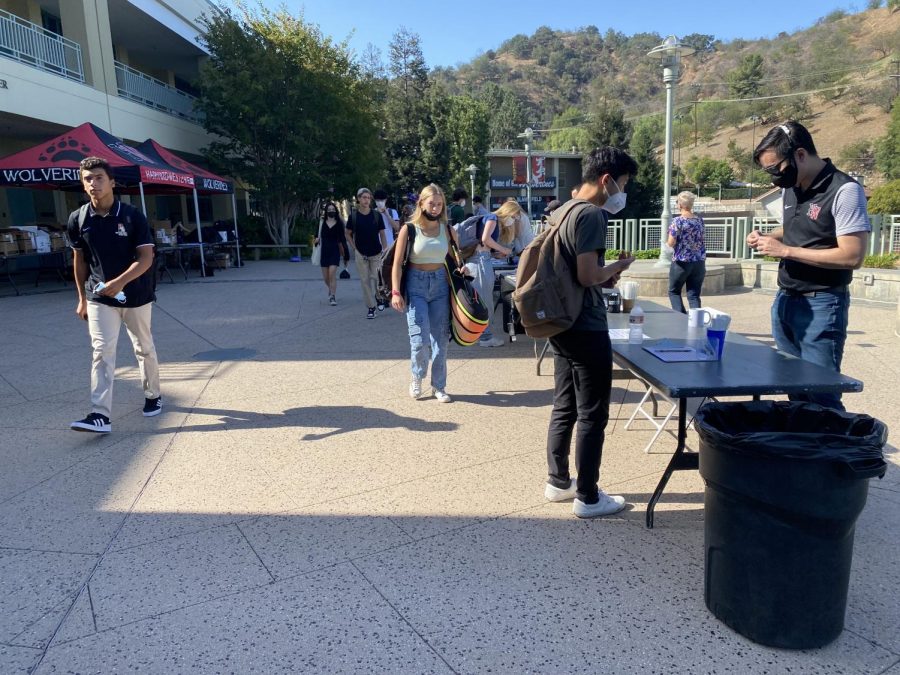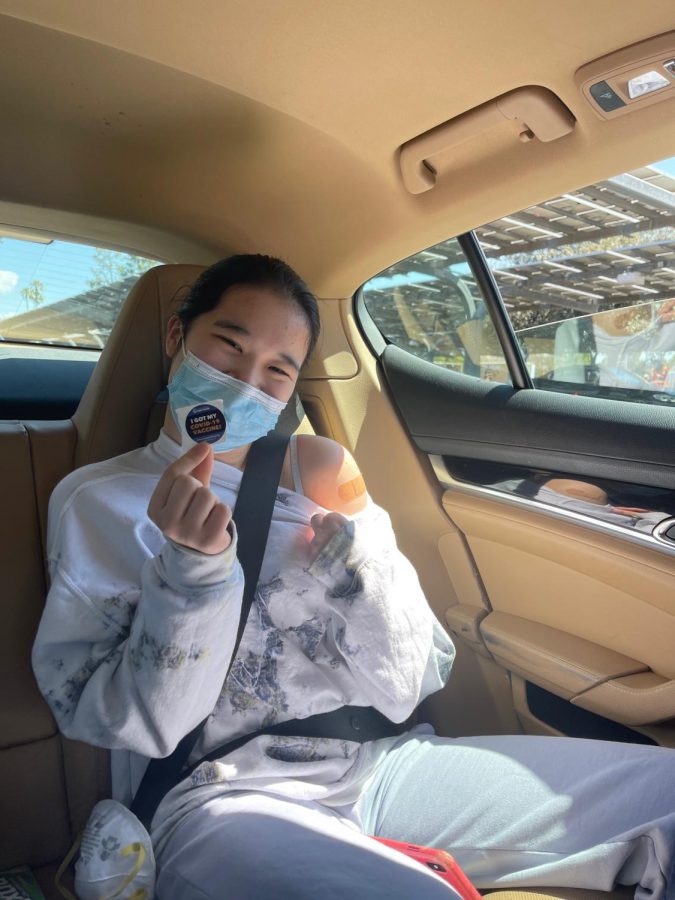Results from a survey examining student stress and sleep levels, parental expectations and cheating occurrences, taken by students of all grades last spring, showed a correlation between parent expectations and student stress, as well as an increase in the enjoyment of the overall experience of female students since 2013.
The survey was administered by Challenge Success, a company associated with Stanford University. The school conducted its own workload surveys in 2001, 2006 and 2013. Although an outside source administered this survey, the information collected was a continuation of the school’s survey from previous years, task force member and science teacher Jesse Reiner said.
“It was our attempt to find out more about, to use [Head of Upper School Laura] Ross’ phrase, ‘the lived student experience,’ and it really gave us a lot of good data,” President Rick Commons said. “It suggests that we have additional work to do to try to make it possible for students to experience the excellence of Harvard-Westlake with more joy, more balance and more healthy stress. Not all stress is unhealthy, but when the stress is constant and when it causes students to either not sleep enough or to not eat in a healthy way, we know that we need to find out how to make the challenge of the school [healthy].”
The survey asked to what extent students feel that they achieve their parents’ expectations. The results showed that students perceive that their parents care more about their learning than their getting good grades, Reiner said. On a scale of one to five, with one being never and five being always, students averaged around a four for how much they say their parents care about mastery and a three for how much they say their parents care about performance.
The survey also found that while 70 percent of middle school students feel that they always meet their parents’ expectations, only 58 percent of upper school students do, Reiner said.
Reiner said he found a correlation between students who report feeling like they do not meet their parents expectations and students who report enjoying school less. Those who said they do not meet parent expectations report a 3.1 on a scale from one to five on enjoyment of academics while students who said they do feel like they meet parent expectations report a 3.5. Those who said they meet parent expectations also said they get more sleep, Reiner said.
Correlation is different from causation, Reiner emphasized. While the data shows that students who feel like they do not achieve their parents expectations also report sleeping less, for example, it does not show why, Reiner said.
“There’s always three ways to explain a correlation: a causes b, b causes a or c causes both a and b,” Reiner said.
The school’s workload survey in 2013 found that girls and boys reported very different experiences. In the survey, 81 percent of boys reported their school experience was positive, as opposed to only 66 percent of girls.
“In 2013, girls were just not as happy at Harvard-Westlake and thriving in the same way as boys, and that looks to me like [it] has flipped,” Reiner said. “I mean they’re at least on equal footing.”
This year, while girls still reported doing slightly more homework and sleeping less, they are now overrepresented in highly rigorous courses and reported enjoying academics and the arts more than boys. In 2013, there were twice as many senior boys as girls taking five or more AP classes. This year, that number had evened out, Reiner said.
The survey also contained a section that studied cheating rates. Around 80 percent of survey respondents said they have done something that could be considered cheating, such as copying a homework assignment or working together on an individual assignment. Reiner said the data suggests that students are more willing to take shortcuts on small assignments, but few are willing to cheat on major assessments.
“We’re not happy about that,” Reiner said. “I mean, as adults in the community obviously we’d like if there was less, but we also recognize that there are minor acts of cheating and there are major types of cheating. The data would suggest that we do not have a problem at this school in terms of huge major blatantly dishonest cheating, but there is a fairly high frequency of students that have at least done one or two little things in the last year.”
The company that administered the survey said the cheating results were low compared to other schools, Reiner said.
One section of the survey asked students what their major causes of stress are. Across all grades, workload and how students are being assessed are large causes of stress. More specifically for seniors, their largest cause of stress is college and their futures. One category that appeared to cause less stress for students was their extracurriculars, Reiner said.
“Extracurriculars are not high stressors, they were actually lower than basically anything else, so for the most part the data suggests that even thoughthe extracurriculars are very time consuming, students are doing them because they want to do them, it’s not because they feel pressured to,” Reiner said.
Another topic students responded to was their average time per night doing homework. According to the data, seventh graders spend an average of two hours per night, and this rises steadily until it peaks at around three and a half hours in eleventh grade. These are averages, with some juniors reporting seven hours of homework a night.
“To me, that shows that we can’t take this as the literal accurate truth of how much time students are spending on their homework, and, to be honest, I think that’s a really difficult question to ask a student because it’s not like you start a stopwatch,” Reiner said.
The data suggests that as students get older, more feel their workload is too high. In seventh grade 36 percent reported having too much homework, and by eleventh grade, that rose to 68 percent.
“Part of me also wonders why that [data is] not 90 percent, like there are students who are saying, ‘no I don’t have too much homework,’” Reiner said. “That almost surprises me a little bit that it wouldn’t be all students saying they have too much homework, but apparently many students don’t say that.”
A large portion of the survey consisted of sleep data. The results revealed that on average, students are not getting sufficient amounts of sleep, Reiner said. The American Academy of Pediatrics recommends nine hours of sleep per night, and seventh graders report seven and a half hours on average, and at the Upper School, average sleep ranges from six and six and a half hours per night.
After collecting the sleep data, Reiner created a graph that correlated the amount of homework students reported with the amount of sleep they were getting. He hypothesized the data would say the more homework students have, the less sleep they got. While this proved true for the Middle School, for the Upper School, the graph revealed that even with no homework, an upper school student would sleep less than seven hours a night, Reiner said.
“[The data] suggests that if we want kids to sleep more, we need to come at it from a different direction than homework reduction,” Reiner said.
“There’s nothing that suggests that homework reduction is going to significantly help upper school students sleep more, and I guess I don’t know where the sleep is going, but students are finding ways to not go to bed whether they have a lot of homework or not.”
The school will administer a Challenge Success survey next year and will repeat it every few years in order to see changes, Commons said.



































